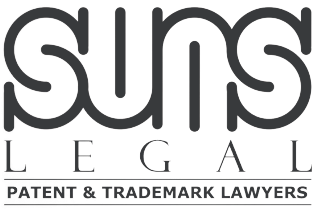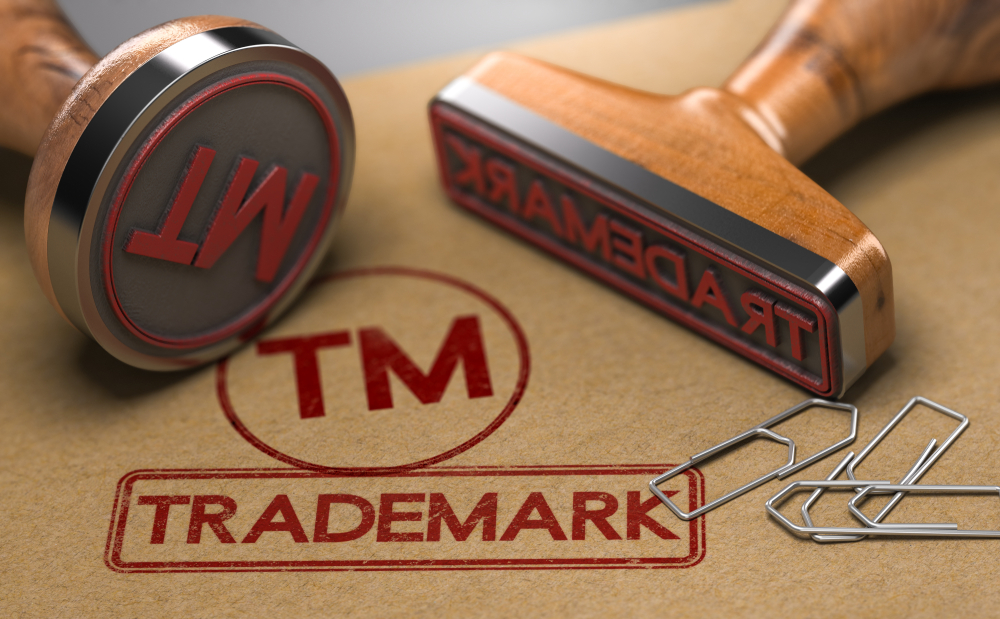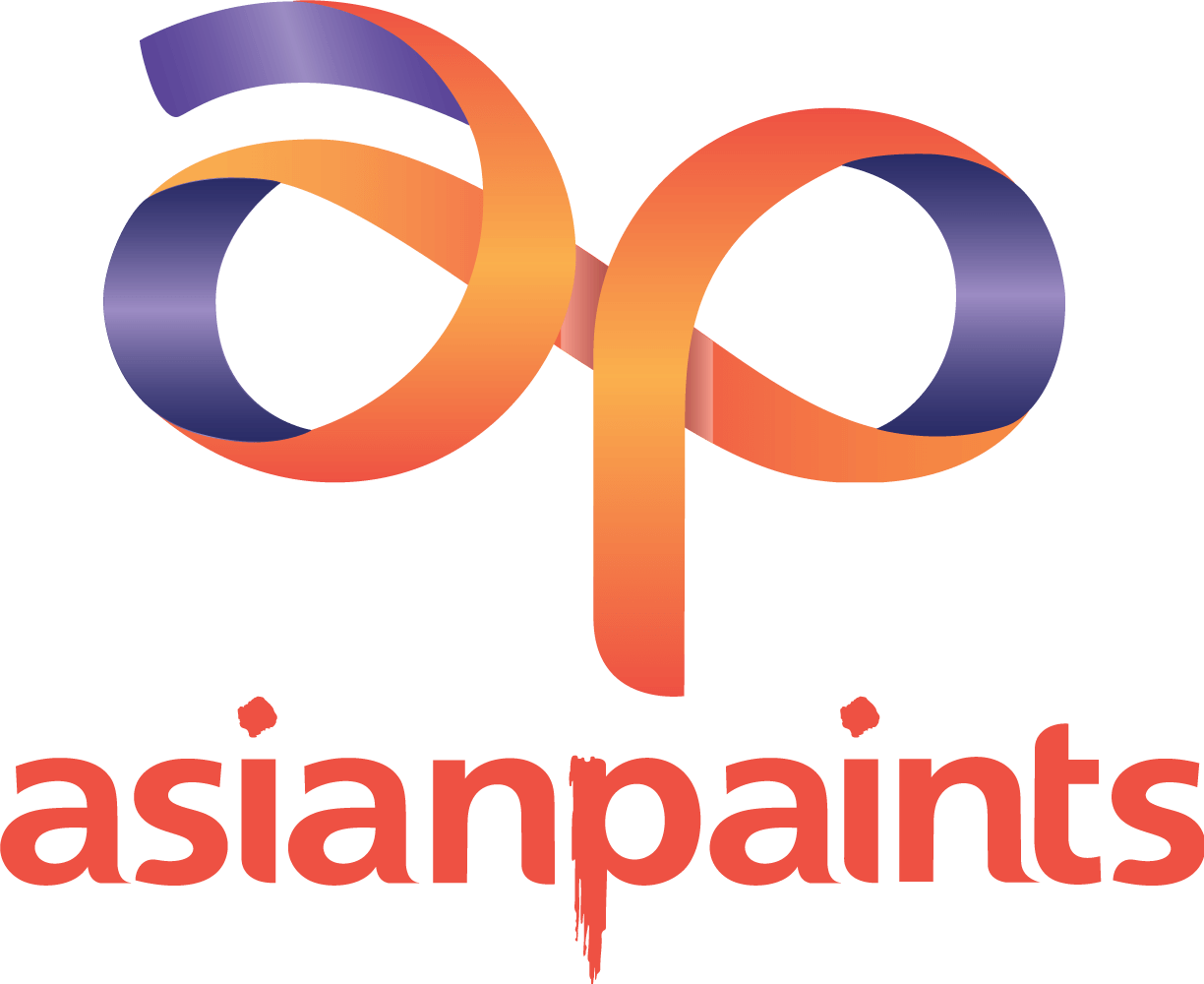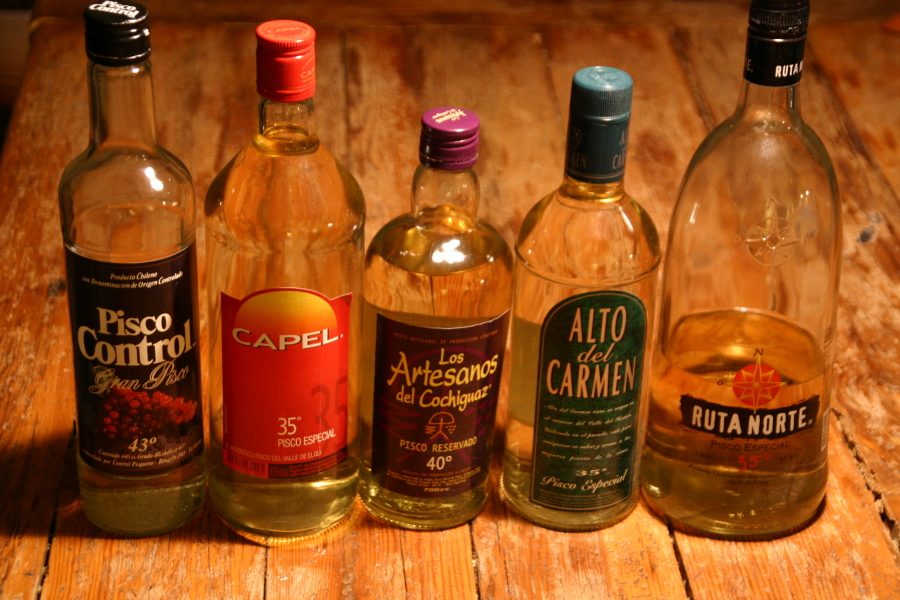For more intellectual property updates follow our WHATSAPP CHANNEL and SUNS LEGAL | LinkedIn
Written by Suns Legal Team
Introduction
The Delhi High Court’s judgment in M/s Products and Ideas (India) Pvt. Ltd. v. Nilkamal Limited & Ors. (CS(COMM) 715/2024), delivered on 1 July 2025, is a landmark ruling clarifying the doctrines of prior user rights and international exhaustion under Indian trademark law. This dispute, concerning induction cooktops sold under the marks ‘STELLADEXIN’ and ‘STELLA’, highlights the significance of continuous prior use and the rights of authorized importers dealing in genuine goods. The judgment reaffirms that mere registration of a trademark cannot override the legal protection afforded to a true prior adopter who has continuously used the mark before registration.
Facts of the Case
M/s Products and Ideas (India) Pvt. Ltd. (the plaintiff) operates in the commercial kitchen and bakery equipment market in India and sells induction cooktops under the brand name ‘STELLADEXIN’. The mark ‘STELLADEXIN’ was originally adopted by Stella Industrial Co. Ltd. (defendant no. 5), a Chinese company established in 1983 specializing in electromagnetic household appliances. The plaintiff began business dealings with Stella Industrial Co. Ltd. in 2015 and entered into Exclusive Agency Agreements in 2017, 2018, and 2022. Based on this business relationship, the plaintiff obtained trademark registrations for ‘STELLADEXIN’ on 5 February 2022 in classes 7, 9, and 11 and also secured a copyright registration for its artistic work.
In June 2024, the plaintiff discovered that Nilkamal Limited (defendant no. 1) and Cambro-Nilkamal Pvt. Ltd. (defendant no. 2) were marketing induction cooktops under the mark ‘STELLA’. Alleging deceptive similarity and infringement, the plaintiff filed a suit seeking a permanent injunction and other reliefs. On 27 August 2024, the Delhi High Court granted an ex parte ad interim injunction restraining Nilkamal Limited and Cambro-Nilkamal Pvt. Ltd. from using the mark ‘STELLA’ or any mark deceptively similar to ‘STELLADEXIN’. A Local Commissioner was appointed to seize and inventory the products carrying the impugned mark. Stella Industrial Co. Ltd. was impleaded later as defendant no. 5. Cambro-Nilkamal Pvt. Ltd. then filed an application under Order XXXIX Rule 4 of the Code of Civil Procedure, 1908, seeking to vacate the interim injunction.
Plaintiff’s Submissions
The plaintiff argued that it had obtained its trademark registration for ‘STELLADEXIN’ with the express consent of Stella Industrial Co. Ltd., as evidenced through a permission letter dated 21 June 2024 allegedly issued by Ms. Kristy Lin, sales director of Stella Industrial Co. Ltd. The plaintiff also produced exchanges of chats since 2019 to support its claim that Stella Industrial Co. Ltd. was aware of and had consented to the plaintiff’s Indian registrations. The plaintiff emphasized its substantial investments in the brand and contended that the use of the mark ‘STELLA’ by Nilkamal Limited and Cambro-Nilkamal Pvt. Ltd. was deceptively similar and amounted to infringement.
Defendants’ Submissions
Cambro-Nilkamal Pvt. Ltd. (defendant no. 2) argued that the Exclusive Agency Agreement did not grant any permission to register the mark. The permission letter relied upon by the plaintiff was questioned as it misspelled the mark as ‘STELLADIXEN’ and was not signed by an authorized signatory. Cambro-Nilkamal Pvt. Ltd. asserted that Stella Industrial Co. Ltd. had been using the marks in India since 2013 through M/s Mittal International, which predated both the plaintiff’s use and registration. It argued that it was importing genuine products from Stella Industrial Co. Ltd., thus no infringement could arise.
Stella Industrial Co. Ltd. (defendant no. 5) maintained that it was the original adopter of the Stella Marks in China since 2002, and that ‘STELLADEXIN’ was simply an English translation. Stella Industrial Co. Ltd. had filed an Indian application in 2017 for ‘STELLA’, which was later abandoned. It presented invoices and shipping documents to show continuous sales in India since 2013. It asserted that the plaintiff was merely a reseller, that the agency agreement was terminated on 13 November 2024, and that Cambro-Nilkamal Pvt. Ltd. was duly authorized to sell its products.
Decision
The Delhi High Court found that Stella Industrial Co. Ltd. was the prior adopter and user of the marks in China since 2002 and had been using the marks in India since 2013. In contrast, the plaintiff’s agreements and invoices dated only to 2017. Based on these findings, the court held that Stella Industrial Co. Ltd. was entitled to protection under Section 34 of the Trademarks Act, 1999, which safeguards the rights of a person who has continuously used a trademark from a date earlier than the use or registration by a subsequent proprietor, thereby preventing interference from later registrants.
The court also analyzed Section 30(3) of the Trademarks Act, 1999, which sets out the principle of international exhaustion. This provision states that once goods bearing a registered trademark are lawfully put on the market, any further sale or distribution of those goods by the purchaser or their representative does not amount to trademark infringement. The court emphasized that rights of a trademark owner are exhausted after lawful first sale.
To support this, the court cited Kapil Wadhwa v. Samsung Electronics Co. Ltd., 2012: DHC:6136:DB (Delhi High Court, Division Bench), which affirmed international exhaustion and allowed parallel imports of genuine goods. The court also referred to Seagate Technology LLC v. Daichi International, 2024: DHC:4193, which reaffirmed that sale of genuine goods lawfully imported does not amount to infringement.
The court noted that the permission letter relied on by M/s Products and Ideas (India) Pvt. Ltd. contained spelling errors and lacked proper authorization. The agency agreement had been terminated in November 2024, further weakening the plaintiff’s claims. The court highlighted that Stella Industrial Co. Ltd. presented strong evidence including invoices from 2013, decisively establishing continuous use. The plaintiff’s trademark registration was on a ‘proposed to be used’ basis, which was not sufficient to override prior use.
Accordingly, the court reasoned that Cambro-Nilkamal Pvt. Ltd., as an authorized reseller, could not be held liable. The plaintiff did not allege that Cambro-Nilkamal Pvt. Ltd. had independently affixed marks or misused the trademarks. The court held that M/s Products and Ideas (India) Pvt. Ltd. failed to establish a prima facie case. The balance of convenience favoured the defendants since an injunction would unfairly restrain use by long-standing authorized users and confer monopoly to the plaintiff.
Conclusion
In conclusion, the Delhi High Court vacated the ex parte ad interim injunction granted on 27 August 2024, allowed Cambro-Nilkamal Pvt. Ltd.’s application, and dismissed the plaintiff’s applications for interim relief. The defendants were permitted to continue using the marks ‘STELLA’, ‘STELLADEXIN’, and related marks in India. The court clarified that its observations were confined to interim relief and would not affect the main suit’s final merits.
This judgment underlines the strength of prior user rights under Section 34 and the principle of international exhaustion under Section 30(3) of the Trademarks Act, 1999. It serves as an important reminder for Indian businesses to consider actual use and prior rights rather than relying solely on registrations. The decision supports the rights of genuine importers and parallel traders, promoting fair competition and preventing misuse of registrations to create artificial monopolies.




